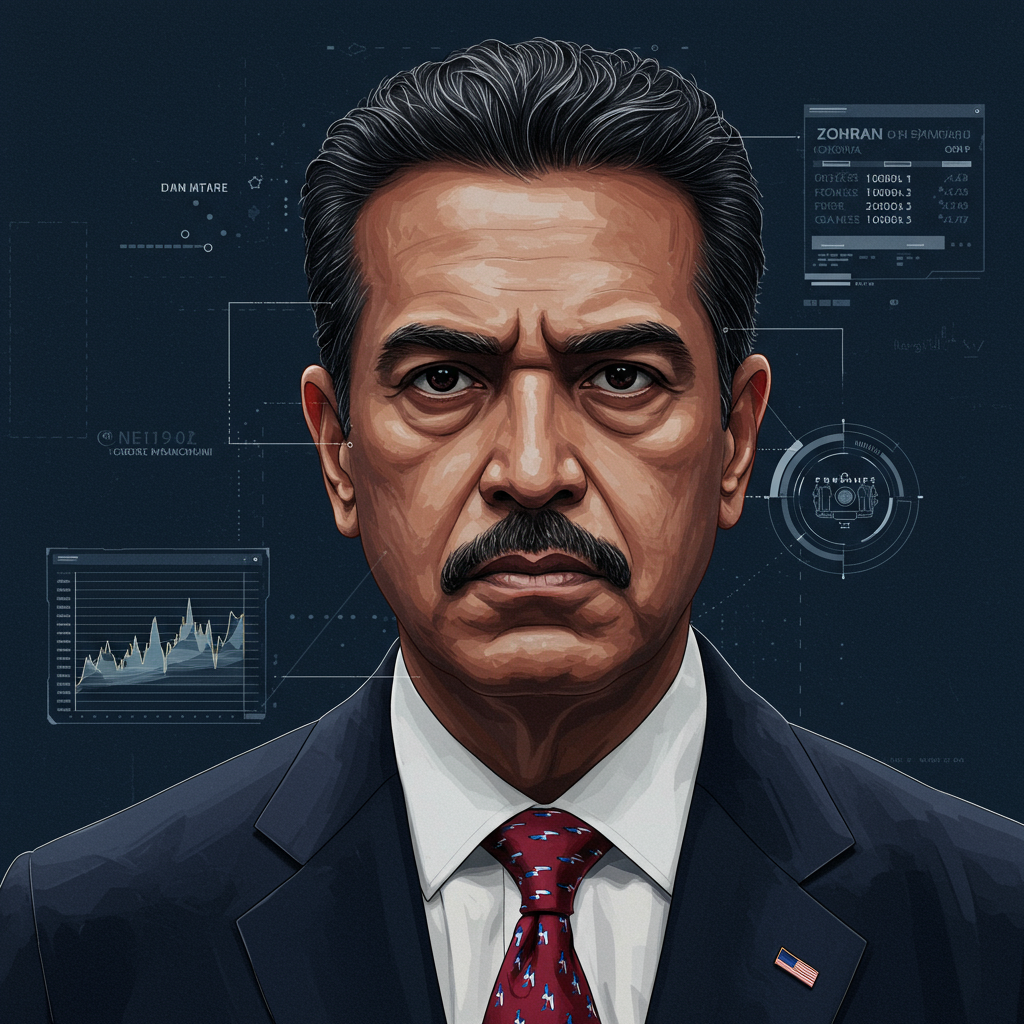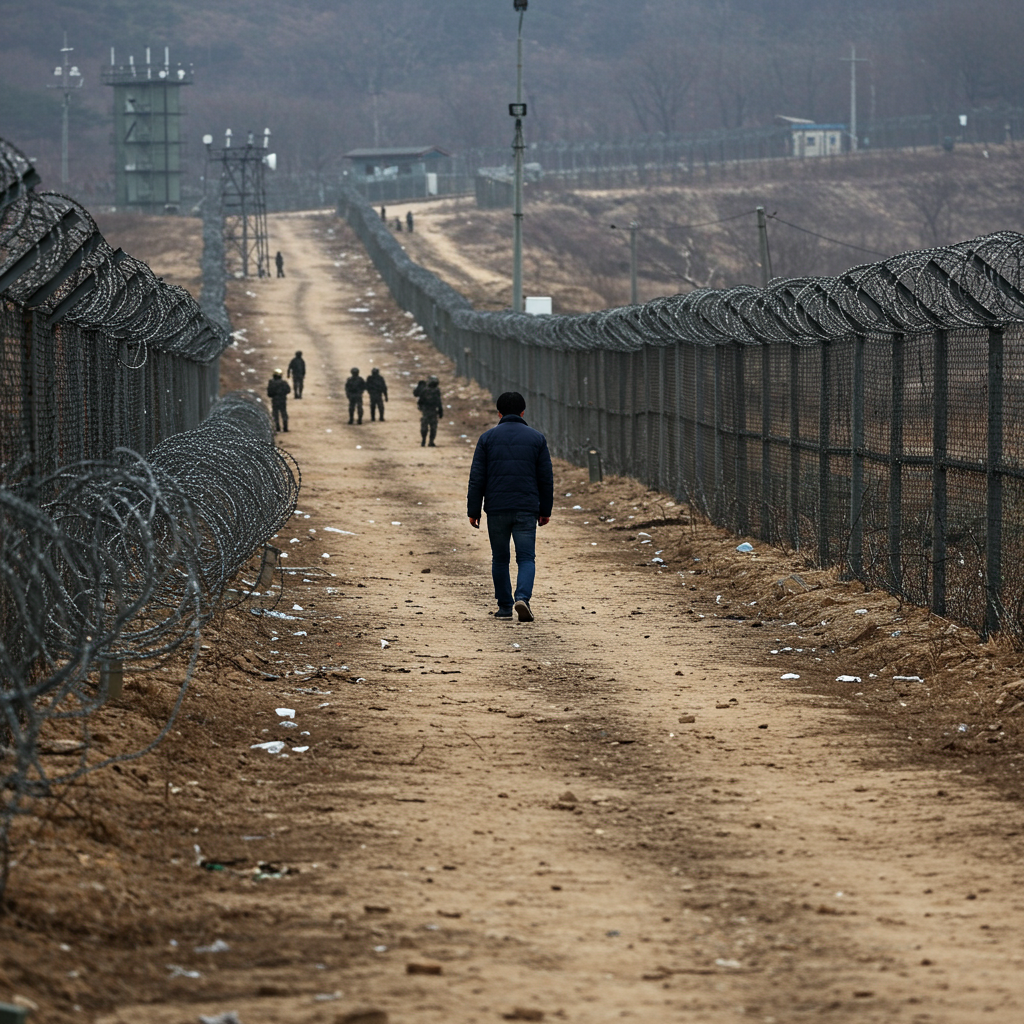The Anti-Defamation League (ADL) has launched an unparalleled initiative to intensively monitor New York City Mayor-elect Zohran Mamdani, igniting a significant debate in the nation’s largest city. This “Mamdani Monitor” project, and a corresponding citywide tip line, represent an extraordinary step for the ADL, an organization dedicated to fighting antisemitism, focusing on an incoming public official. The move comes as Mamdani prepares to lead a city with over a million Jewish residents, following his historic election as the first Muslim and person of South Asian descent to hold the mayoral office.
This article delves into the ADL’s stated reasons for its scrutiny, Mamdani’s response, and the broader political context surrounding this unique development.
Why the ADL Deemed “Unprecedented” Monitoring Necessary
Jonathan Greenblatt, CEO and National Director of the ADL, articulated the organization’s rationale during an interview on NPR’s Morning Edition. He asserted that the current climate, marked by a perceived rise in antisemitic attitudes, necessitates a proactive stance. Greenblatt emphasized that while Americans have a right to criticize Israeli policies, Mamdani’s specific statements and positions have raised alarm bells within the Jewish community.
Key concerns highlighted by Greenblatt include:
Call for Arrest of Israeli PM: Mamdani’s declaration that he would order New York police to arrest Israeli Prime Minister Benjamin Netanyahu if he visited New York, citing accusations of war crimes.
Stance on Israel’s Identity: Mamdani’s support for Israel as “a state with equal rights” rather than explicitly a “Jewish state,” which Greenblatt indicated was concerning to many.
Perceived Double Standard: The ADL alleges that Mamdani applies a “double standard” to Israel, criticizing its human rights record without similarly addressing concerns in other nations.
“Permission Structure” for Antisemitism: Greenblatt fears that Mamdani’s views could inadvertently create a “permission structure” for an increase in antisemitic attacks at a time when they are already on the rise.
The ADL’s initiative, therefore, aims to track Mamdani’s administrative policies and appointments, particularly those that might impact the safety and security of the Jewish community. This comprehensive approach underscores the gravity with which the organization views the incoming mayor’s past statements and potential future actions.
The “Mamdani Monitor” Initiative and Its Tools
The “Mamdani Monitor” is more than just a watchful eye; it’s a structured project with specific components designed to gather and analyze information. Central to this initiative is a citywide tip line, established for Jewish New Yorkers to report antisemitic incidents. Greenblatt clarified that this tip line is not intended to invite conspiracy theories, but rather to collect “real-life incidents” of discrimination. The goal is to track these occurrences effectively and ensure appropriate follow-up from law enforcement agencies.
This monitoring extends beyond reported incidents to include an examination of personnel policies and programs within the Mamdani administration. The ADL’s intention is to ensure accountability, particularly in light of Greenblatt’s acknowledgment that roughly one-third of Jewish New Yorkers voted for Mamdani. He stressed the ADL’s commitment to representing those who did not and holding Mamdani accountable to his campaign promise to serve all New Yorkers, including Jewish residents.
Mamdani’s Response to the ADL’s Scrutiny
Mayor-elect Zohran Mamdani has not shied away from the ADL’s announcement, responding directly to reporters about the unprecedented monitoring. He affirmed, “I take the issue of antisemitism incredibly seriously.” Mamdani also expressed that he welcomes anyone to catalog the actions of his administration.
However, Mamdani also voiced significant doubts about Jonathan Greenblatt’s honesty and impartiality. He specifically referenced a past incident where Greenblatt had falsely claimed Mamdani had not visited any synagogues, a statement Greenblatt later had to correct. This historical interaction seems to have fueled Mamdani’s skepticism regarding the ADL leader’s motives and accuracy. He has publicly sought commonality with the Jewish community and met with Jewish leaders, signaling a desire for direct engagement.
Broader Political Context: Mamdani’s Historic Win and Trump’s Reactions
Zohran Mamdani’s victory as New York City’s mayor was a significant event within the broader landscape of the 2025 off-year elections. Running as a democratic socialist, the 34-year-old secured 50.4% of the vote, defeating former Democratic Governor Andrew Cuomo and Republican Curtis Sliwa. His campaign, endorsed by figures like Senator Bernie Sanders and Representative Alexandria Ocasio-Cortez, energized young voters with platforms focused on “affordability” issues, such as free buses and universal childcare, contributing to a record turnout of over 2 million voters.
Mamdani’s win was part of a larger Democratic sweep across key states, including decisive gubernatorial victories in Virginia and New Jersey. These results were widely interpreted by Democrats as a strong repudiation of President Donald Trump and his administration’s policies, signaling momentum for the upcoming 2026 midterms. Trump himself initially reacted by characterizing Mamdani as a “communist” and threatening to withhold federal funding, despite having already frozen $18 billion for NYC infrastructure. However, he later softened his stance, stating his administration would “help” New York City, while still reiterating his anti-communist position.
Significantly, Greenblatt adamantly rejected any notion that the ADL’s monitoring project is based on Mamdani’s identity. He explicitly condemned “repugnant” attacks on Mamdani related to his ethnicity or faith, including calls for his deportation by some Republican lawmakers. Mamdani, born in Uganda, is a naturalized U.S. citizen, and such attacks were widely seen as discriminatory. Greenblatt maintained that the increased attention stems from an unprecedented “moment of crisis” and is not inherently pejorative or a double standard from the ADL itself.
The Unprecedented Nature of ADL Monitoring
The ADL’s decision to establish a dedicated monitoring project for a specific elected official, especially an incoming mayor, is indeed unusual. When questioned about precedents, Greenblatt conceded, “We’ve certainly never had an elected official like this before.” While the ADL has historically criticized high-profile figures and administrations—such as their objections to certain Trump administration nominations—this level of focused, proactive monitoring on a single local leader is without direct parallel in their recent history.
This unique initiative highlights the complex and often contentious intersection of political discourse, identity, and the fight against antisemitism in contemporary America. The ADL’s move sets a new precedent for how civil rights organizations might engage with public officials whose statements or platforms raise specific concerns. It also opens a dialogue about the boundaries of free speech, political criticism, and the potential for a “chilling effect” on robust policy debate versus the necessity of combating real threats of discrimination and hate. The situation underscores the delicate balance required to protect diverse communities while upholding democratic principles.
Frequently Asked Questions
Why did the ADL launch the Mamdani Monitor initiative?
The Anti-Defamation League (ADL) launched the “Mamdani Monitor” due to concerns raised by Mayor-elect Zohran Mamdani’s past statements, particularly his criticism of Israel and its war in Gaza. ADL CEO Jonathan Greenblatt cited specific worries, including Mamdani’s suggestion to arrest Israeli Prime Minister Netanyahu, his stance on Israel as “a state with equal rights” rather than explicitly a “Jewish state,” and the potential for his views to create a “permission structure” for rising antisemitic incidents in New York City. The ADL stated the initiative is an unprecedented response to a “moment of crisis.”
How can New Yorkers report antisemitic incidents through the ADL’s new project?
As part of the “Mamdani Monitor” initiative, the ADL has established a citywide tip line specifically for Jewish New Yorkers to report antisemitic incidents. The ADL clarified that this tip line is intended for “real-life incidents” of discrimination, not for reporting conspiracy theories. The purpose is to effectively track these occurrences and facilitate appropriate follow-up with law enforcement agencies, ensuring that incidents impacting Jewish community safety and security are properly addressed.
What are the broader implications of the ADL’s monitoring of a public official?
The ADL’s decision to intensively monitor an incoming mayor is largely unprecedented, raising significant discussions about the role of advocacy groups in scrutinizing elected officials. It highlights the complex interplay between political criticism, identity, and the fight against antisemitism. This move could set a new standard for how organizations like the ADL engage with leaders whose platforms or statements generate specific concerns, potentially influencing how future public officials navigate sensitive geopolitical issues while serving diverse constituencies. It also opens a broader conversation about free speech versus the responsibility to combat hate and discrimination.




